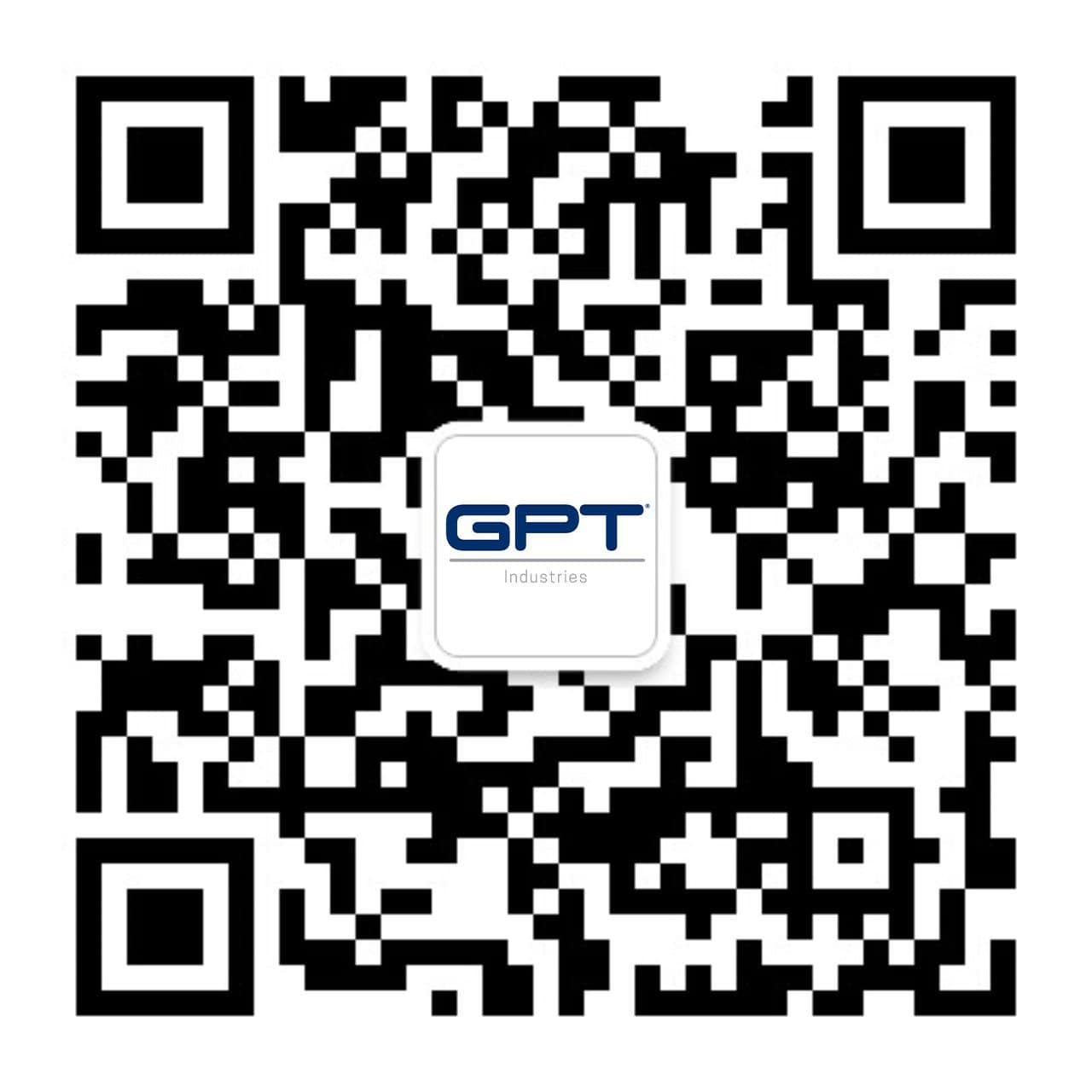You can now download GPT's highly acclaimed paper “New Design/Material Solution for Isolating Pipelines with Chemical and Permeation Issues”. The paper was presented at NACE CORROSION 2018, in Phoenix and authored by Nick Bander, Engineering Manager & Tim Hurley, Senior Product Manager.
Click here to download the paper.
Here is an abstract of the a paper:-
Glass reinforced epoxy (GRE) gaskets were a significant improvement over prior isolation technologies, such as phenolic gaskets, which were in use since the early 1900’s. GRE has now been used to isolate pipelines in a broad range of industries for close to 50 years. Advances in oil and gas extraction, changes in oil chemistry and changes in installation practices have exposed some potential weaknesses in common gaskets utilizing GRE as the primary form of isolation. The typical GRE gasket uses media permeating through the gasket to energize the seal. This “leak to seal” design is an indicator that GRE may not be the best choice as a gasketing material as media stream materials have become increasingly incompatible with the epoxy resin. Due to the continued efforts to design GRE gaskets with reduced permeation paths, it is believed that GRE’s permeability is a well known issue, but GRE has other weaknesses that open this product up to potential failure in a pipeline. The GRE can be prone to delamination at high pressures due to the material’s laminate construction, the operating temperature range of GRE is not as high as many oil and gas operators would desire and finally, the thickness and thickness tolerance of GRE can cause installation challenges and potential failure by media leakage.
DOWNLOAD THE PAPER
Industry Reference:
Chemical
Construction and Infrastructure
Energy
Engineering, Procurement, and Construction (EPC)
OEM
Oil and Gas

